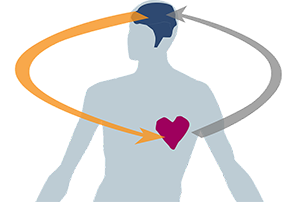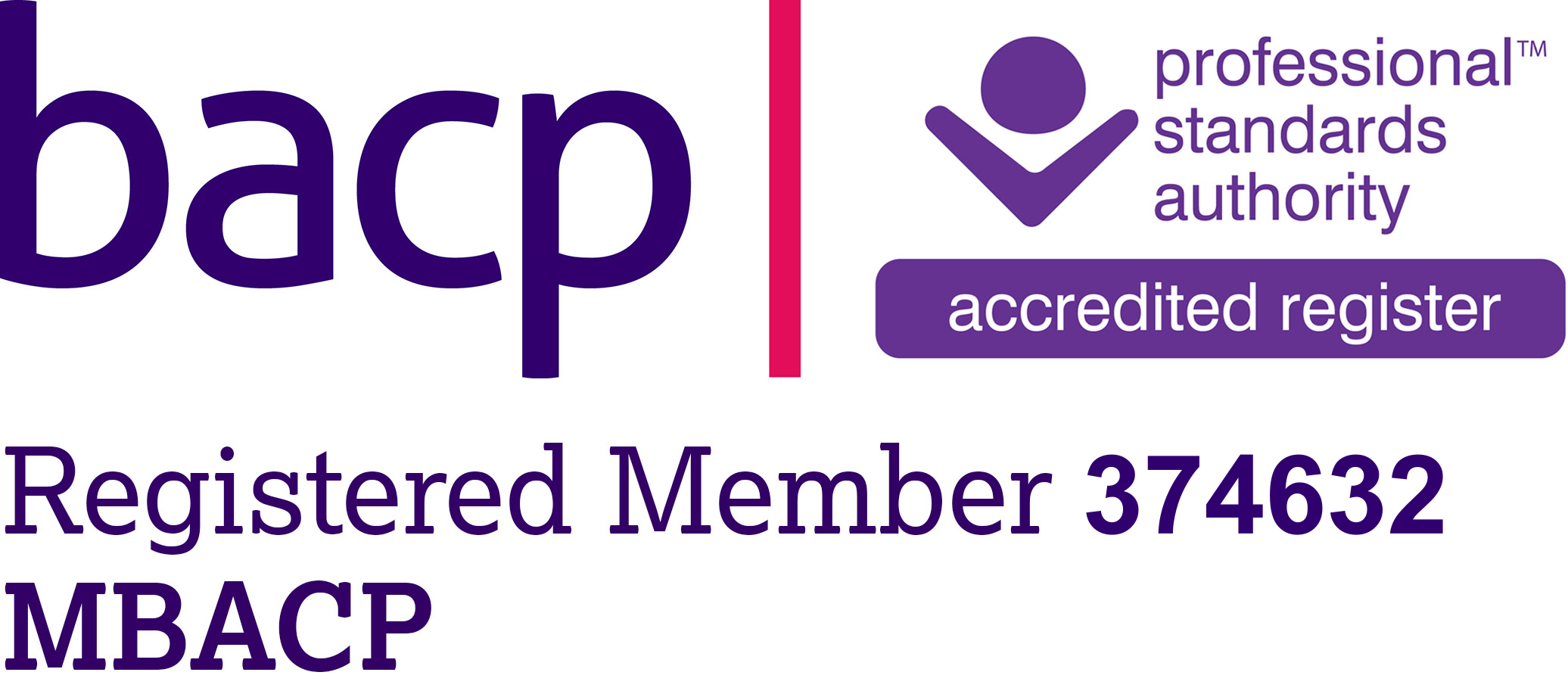
TEN GROUNDING TECHNIQUES
Grounding Techniques are an essential tool to help you re-orient to the present moment, when you are experiencing flashbacks, overwhelming emotions and traumatic memories.
Grounding Techniques can be used in a variety of emotional difficulties, including:
- Dissociation
- Trauma (PTSD, cPTSD, traumatic memories)
- Personality Disorders
- Self-Harm
- Anxiety
3 things to remember before we start
Practice, practice, practice!
Like any other skill, practice is important to master it. Try grounding as often as possible, so that it will be easier to use when you actually need it!
Avoid Judgement
Try not to attach judgement to what you are seeing, touching, hearing, smelling or tasting. Stick to the raw experience as much as you can without going into how you feel about it.
Find what works best for you
Try different techniques to find which ones work best for you.
SIGHT
Name and describe what you see around you: What can you see around you? Name the things you see and try to describe each one in as much detail as possible.
HEARING
Put on your favourite song: Give your favourite song all of your attention, like if you were listening to it for the first time.
Listen to and focus on the sounds around you: What can you hear in this moment? Is there traffic, voices, a washing machine running, music, etc.?
SMELL
Try essential oils, your favourite plants or any comforting aroma: Smell can be a very powerful way to soothe and comfort yourself. Strong smells can grab your attention and bring you back to the present very quickly.
TASTE
Eat something in a mindful way: Fully experience the food you choose and focus on the sights, aromas, textures, flavours and the experience.
TOUCH
Touch different objects around you: A pen, your clothes, the chair, the walls, etc. Notice
textures, colours, temperature.
Hold an ice cube: Watch it, feel it and notice the sensations while it melts in your hand.
BREATHING
- Breathe in through your nose while slowly counting to 4
- Pause for 1 second
- Exhale while slowly counting to 4
- Repeat for a few minutes until you notice a change in how your body feels
- If you get distracted or your mind wanders, just bring your attention back to your breathing
BODY CONNECTION
If you have lost connection with your body, rub your arms and legs so that you can feel where you body starts and ends.
SOOTHING
Cuddle your pet: Spend some time cuddling your pet and focusing on the sensations you feel.
Touch something comforting: Wrap yourself in a snuggly and soft blanket and notice the sensations.
Learn More
Emotional Wellbeing during Covid-19
About this Guide
At present, given the worldwide health emergency and the inevitable restrictive measures that are affecting our lives, it is natural to worry. However, it is important to take steps to prevent these worries from becoming excessive and to help us maintain a level of emotional wellbeing during the Covid-19 spread.
I wish you all well and hope that these tips can help you stay emotionally safe during this period. If you find this helpful, please feel free to pass it on to your friends and family.
Fear
Fear is a primary emotion, essential to our survival. If we did not feel fear, we would be unable to protect ourselves from threats.
What triggers fear?
Strong triggers for fear are situations that are:
- Ambiguous: not clear how to interpret them;
- New: no previous experience that can help us know how to deal with them;
- Unpredictable: unclear how things will turn out.
Excessive Fear
A certain amount of fear and alertness is functional in the current situation. However, the line between functional activation and excess of fear is subtle.
Excessive fear prevents us from living our lives how we would like and it can
lead to dysfunctional and counterproductive behaviours. Excessive fear can affect us in a variety of ways, such as:
- Muscle tensions or aches and pains
- Difficulty sleeping
- Difficulty concentrating
- Memory difficulties
- Fatigue
- Irritability
- Restlessness and inability to relax
- Isolation
- Addiction
Also, excessive fear could lead to Panic Attacks, Generalised Anxiety, Hypochondria or Obsessive Compulsive Disorder.
Taking Care of your Emotional Wellbeing
Whilst social distancing is a very important safety measure that governments around the world are implementing to slow down the spread of Covid-19, it can have an impact on our emotional wellbeing in the long term.
Therefore, it is important to find a balance between activities that:
- give us a sense of achievement
- help us to feel close and connected with others
- give us a sense of pleasure
Coping strategies
Keep a regular routine: Set a daily timetable to give structure to your day. It is important to wake up, eat and go to bed at regular times and get ready and dressed each morning. Also, try to keep your healthy habits as much as possible. For instance, if you used to have a coffee break with a friend in the morning, try to schedule a video call at the same time.
Limit exposure to the flood of information: Set two moments during the day when you read news from reputable sources, so that you avoid exposing yourself to a constant flood of information that can inevitably increase the level of anxiety and alert.
Eat healthy: Eat regular healthy meals and drink plenty of water.
Exercise and fresh air: Include in your daily routine some form of exercise to keep yourself physically active and facilitate good rest at night. There are many free exercise videos accessible on YouTube that you could use. Also, it is important to open the windows and get regenerated with some fresh air and let sunlight into the house. If you have a garden or a balcony, spend some time outside.
Talk to friends and family: It is very important to remain socially engaged by keeping regular contact with our friends and family. Self-isolation should imply ‘physical distance’ rather than ‘social distance’. Video calls are useful tools to prevent us feeling isolated and lonely.
Engage in relaxing activity: Reading, gardening, playing with a pet, listening to music, meditating and practising yoga are only some examples of activities that can help you unplug!
Do something for yourself: It is important to keep taking care of ourselves and this can be done in many different ways. You can for example:
• Try something new (a new activity, a new recipe…)
• Learn something new (watch a tutorial video, enrol in an online course…) • Cook a meal for yourself
• Decorate a room
• Create (draw a picture, sketch, finish a project, do some knitting…)
• Clean (organise your workspace, clean and tidy up the house…)
• Take a warm bath/shower
• Be in touch with nature (plant something, do some pruning…)
• Write (keep a journal, write a letter, write a ‘thank you’ card…)
• Reconnect with old friends
Practice gratitude and kindness: At the end of each day, take some time to reflect on what you are thankful for. Try to notice new things each day: “I am grateful that I could talk to my friend” or that “it was sunny and I could sit in the garden.” You can keep a gratitude journal. Also, you can practice kindness by doing someone a favour, teaching somebody a skill or making a gift for someone.

Identifying emotions by making sense of body signals in Self-Harm
This is supporting why treatment approaches should increasingly focus on helping people regulate their emotions through developing a better understanding and connection with what the body is communicating.
Many times for people that self-harm is difficult to identify their mental states or recognise and make sense of body signals: they often talk about a general sense of feeling overwhelmed by emotions or feeling detached and numb. So self-harm can act as a stronger sensation that provides immediate relief from feeling overwhelmed or brings them back from feeling detached.
According to neuroscientist Antonio Damasio, emotions are a physical reaction to a change, while feelings are the result of our brain reading and interpreting these body reactions. This explains why it is very important, when you seek therapy for self-harm, to focus on reconnecting with your body to help you identify and then regulate your emotions.

Why do we repeat the same negative patterns?
However, they can’t stop it or when they manage to do so, they tend to recreate the same conditions in a new relationship by, for example, choosing a partner with similar personality traits to the last one.
These types of behaviours can create intense emotional pain, frustration and a sense of defeat as we don’t seem to be able to change them. This often makes us feel blocked and trapped, almost like if we were controlled by some sort of pre-defined script that we have to follow.
These behaviours are automatic responses that come from a part of our mind that is not ruled by rational processes. Unprocessed stressful or traumatic experiences are one of the root causes of the tendency to fall back into recurrent patterns. These past events get reactivated by current experiences and make us feel anxious, fearful, depressed, angry.




